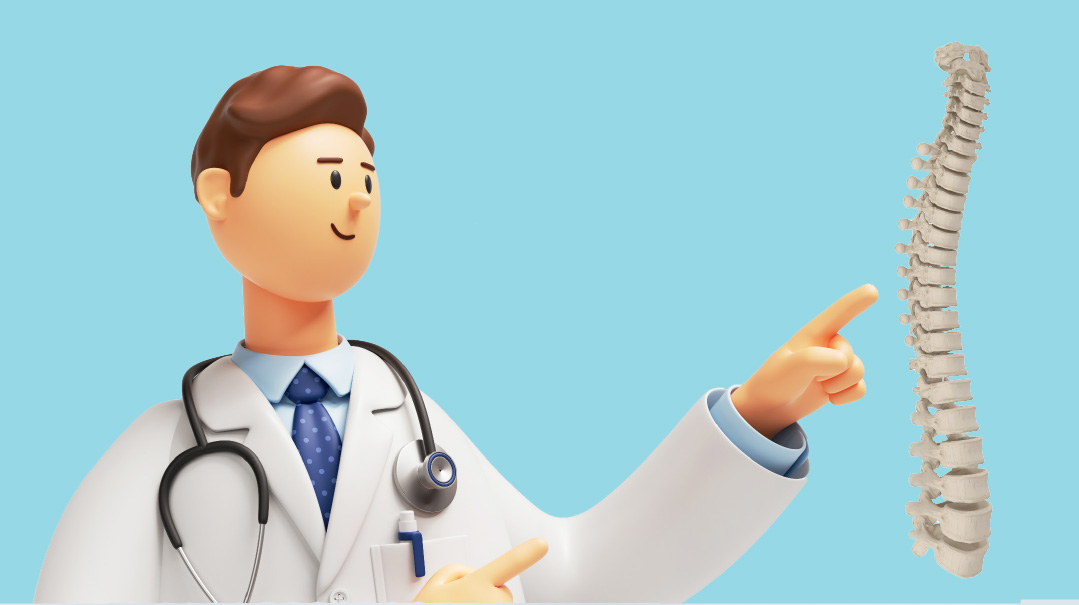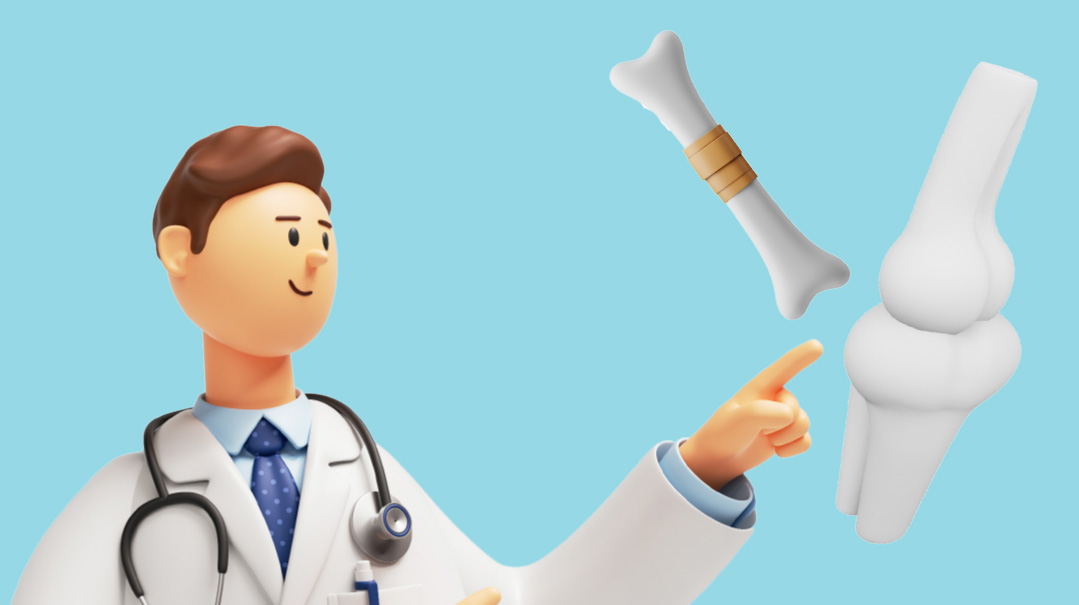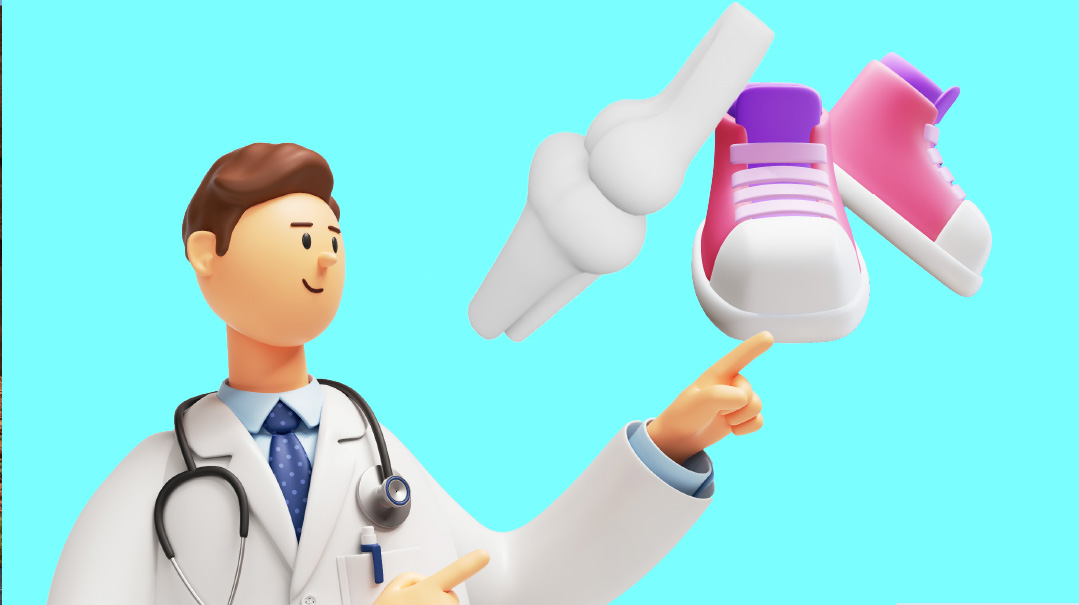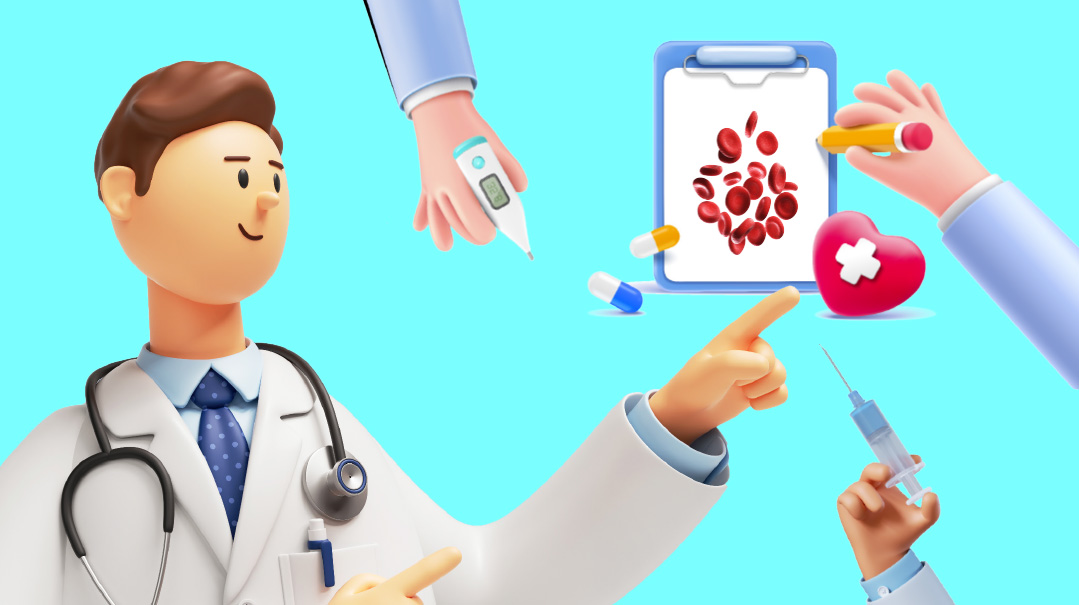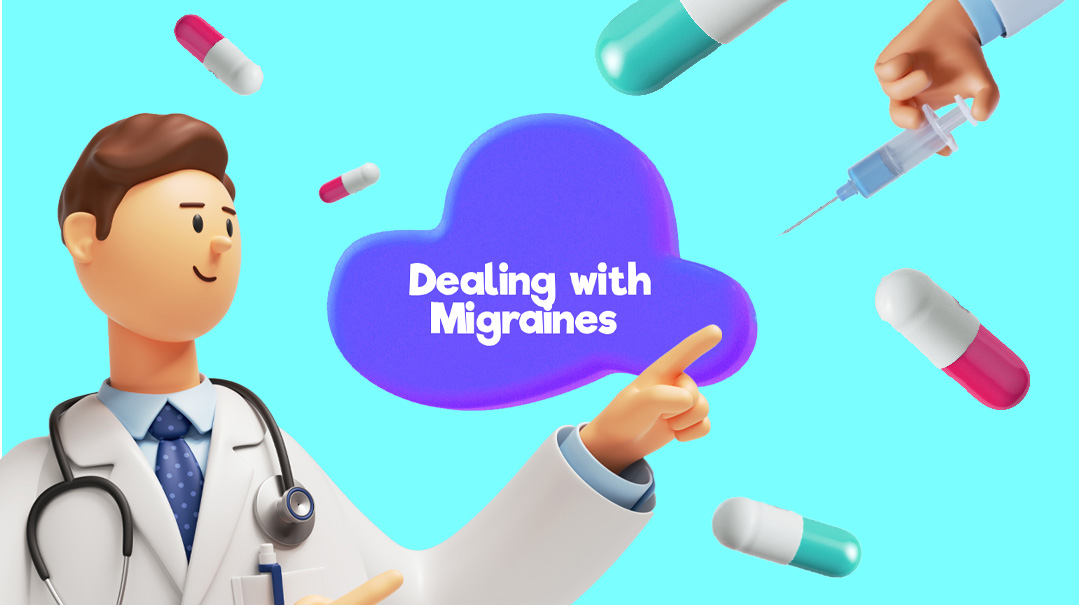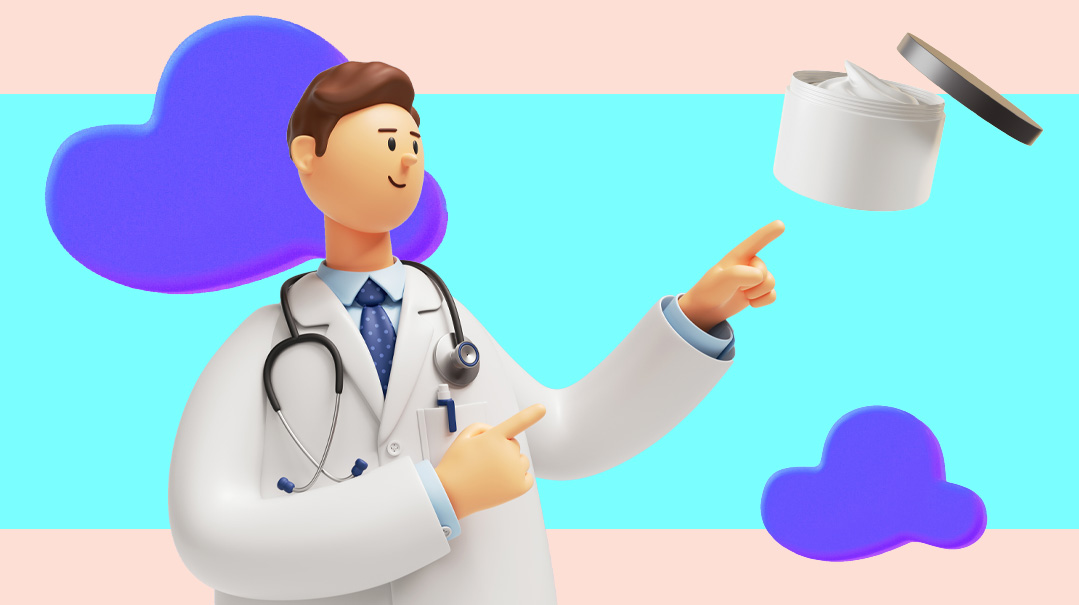Dealing with Three Different Diagnoses
| June 21, 2022Yoel Simcha enjoys playing hockey, board games, making up jokes, and spending time with friends
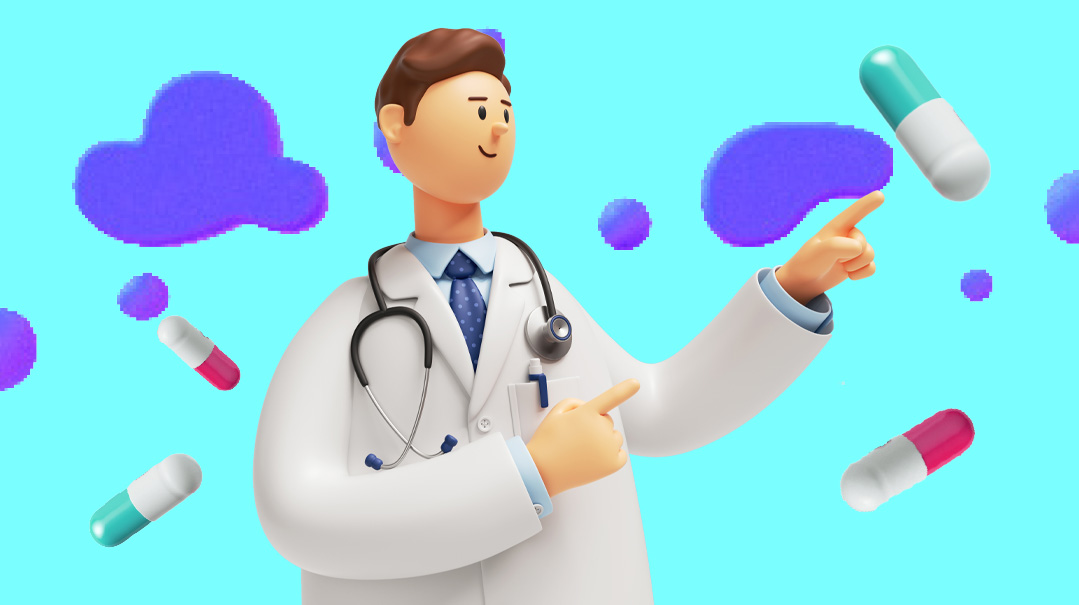
Meet the Hero!
Yoel Simcha is nine years old. Some people call him Yoyo, because when he was a baby, his nurses in the hospital in Toronto had a hard time pronouncing his name, so they nicknamed him Yoyo, and the name stuck! When Yoel Simcha was younger, his family moved from Canada to Beitar Illit in Eretz Yisrael. Yoel Simcha likes the color dark blue, and he likes eating cake and hot peppers (and even beat his Tatty in a hot-pepper-eating contest!). Yoel Simcha enjoys playing hockey, board games, making up jokes, and spending time with friends.
Hi, Yoel Simcha! Can you tell us about your condition?
I actually have a few different conditions, which all affect me in different ways. My conditions are called:
- PCSK1
- PFAPA (periodic fever syndrome)
- Severe allergies to many foods
I was born with PCSK1. This condition means that my body does not make some important hormones at all. Hormones are special chemicals in your body that make all sorts of processes happen easily and safely, like growing, and having the right amount of sugar in your blood all the time. My body doesn’t make these hormones properly and that affects lots of things in my body. One of them is my blood sugar dropping too low, which is called hypoglycemia, which makes me feel really yucky. I take lots of medications and get shots every day to help make up for all of my missing hormones.
PCSK1 also causes my stomach to not work so well, so I often have stomach pain. In fact, because my stomach doesn’t work so well, when I was born the doctors thought I would never be able to eat food. I was getting special nutrition through an IV and then I had feeding tubes with special formula for a long time. It’s a real neis that I can actually eat real food now!
Next, PFAPA means that I get high fevers very often. It also causes headaches and leg pain. But I’m not contagious; you can’t catch my fevers from me.
My allergies are another whole story! I am allergic to milk, eggs, soy, sesame, nuts, peanuts, fish, honeydew, cantaloupe, apricots, and pumpkins. I can say that in Hebrew and in English, so that I can tell anyone I need to that I can’t eat those foods. I react to so many things that my doctor jokes that if the wind blew the wrong way, I’d react to that too! I’m lucky that my mommy makes me really yummy food, so I generally don’t feel like I am missing out. Well, besides for pizza. I really want to try that.
PCSK1 stands for: Proprotein Convertase Subtilisin/Kexin type 1.
PFAPA usually starts between the ages of two to five years old.
When did you find out that you had these conditions?
Because I born with PCSK1, it’s been a part of my life since before I can remember. When I was about five years old, I started understanding more about the differences between me and my friends. I remember wondering why my friends didn’t have to go the hospital and to doctors as often as I did.
How does having these conditions affect your life?
It affects me in a few different ways. Firstly, I always have to be careful about what I am eating and touching because eating and touching the wrong things cause an allergic reaction. I also get tired more quickly than other kids, and I get sick more often too. I have to miss school pretty often. I get a lot of medicine every day, and I get pricked, to draw blood for testing, every day as well. I also have to go to the hospital regularly! When my sister was little, every time we passed a certain street in our city, she thought that we were going to the hospital. She also used to think that the big hospital elevators were buses. That was very funny!
What is the hardest part of having these conditions?
I really hate getting NG tubes in the hospital. NG is short for nasal-gastric, and it’s a thin tube that gets inserted through my nose and into my stomach. It’s the worst.
I also don’t like missing school and not being able to participate in all the same activities as my friends.
The best part?
I like it when organizations send people to come play with me, like Childlife and Chai Lifeline. I love going to Camp Lifeline, which is a Chai Lifeline daycamp in Toronto. I got to go on a real hot air balloon ride at camp!
Is there something you wish everyone knew about your condition?
I wish that everyone knew that even if I am smaller and shorter than you are, I can do everything! And that I am really good at sports.
Also, I want you to know that you wouldn’t guess that I have these conditions if you saw me walking down the street. Most of the time I am just a regular kid.
Do you have any tips for other kids with similar challenges?
I don’t look at my conditions as a big deal. This is the way Hashem made me. I do what I need to do, and then I go out to play! Hashem gave us challenges, but at the same time, he gave us many talents and brachos. I don’t think about the being-sick part so much. I focus more on what I can do, and that helps me stay positive and happy.
Is there something you want to remember for yourself?
Yes. I want to remember my doctors and all the kind and wonderful people who we have met and who have helped me and my family.
Yoel Simcha, thank you so much for taking the time to tell us about your life. You sound like an incredible and strong person who will surely bring lots of nachas to your family and to Klal Yisrael!
(Originally featured in Mishpacha Jr., Issue 916)
Oops! We could not locate your form.

